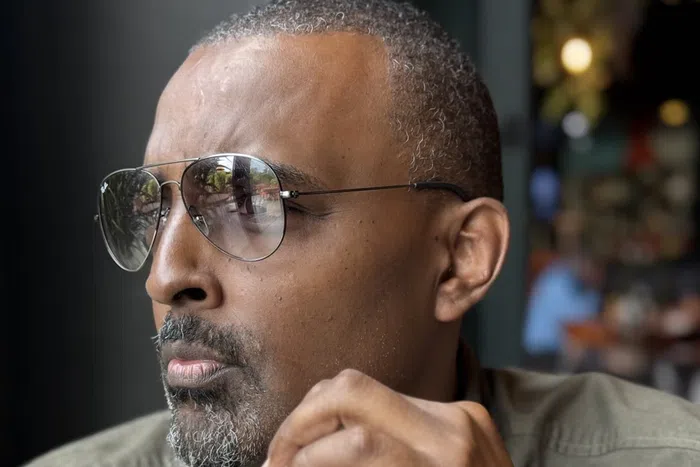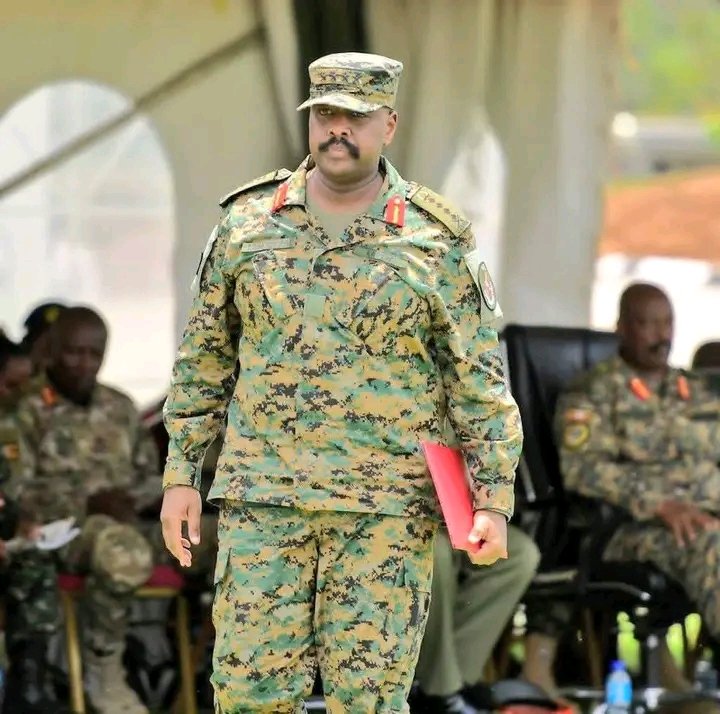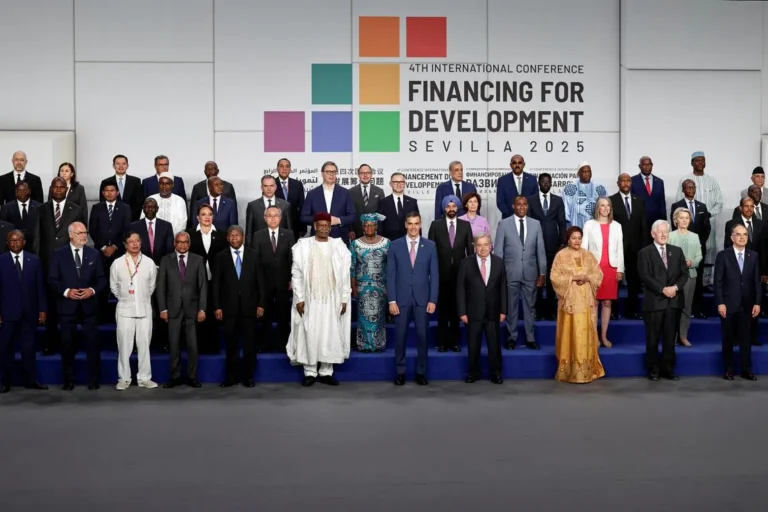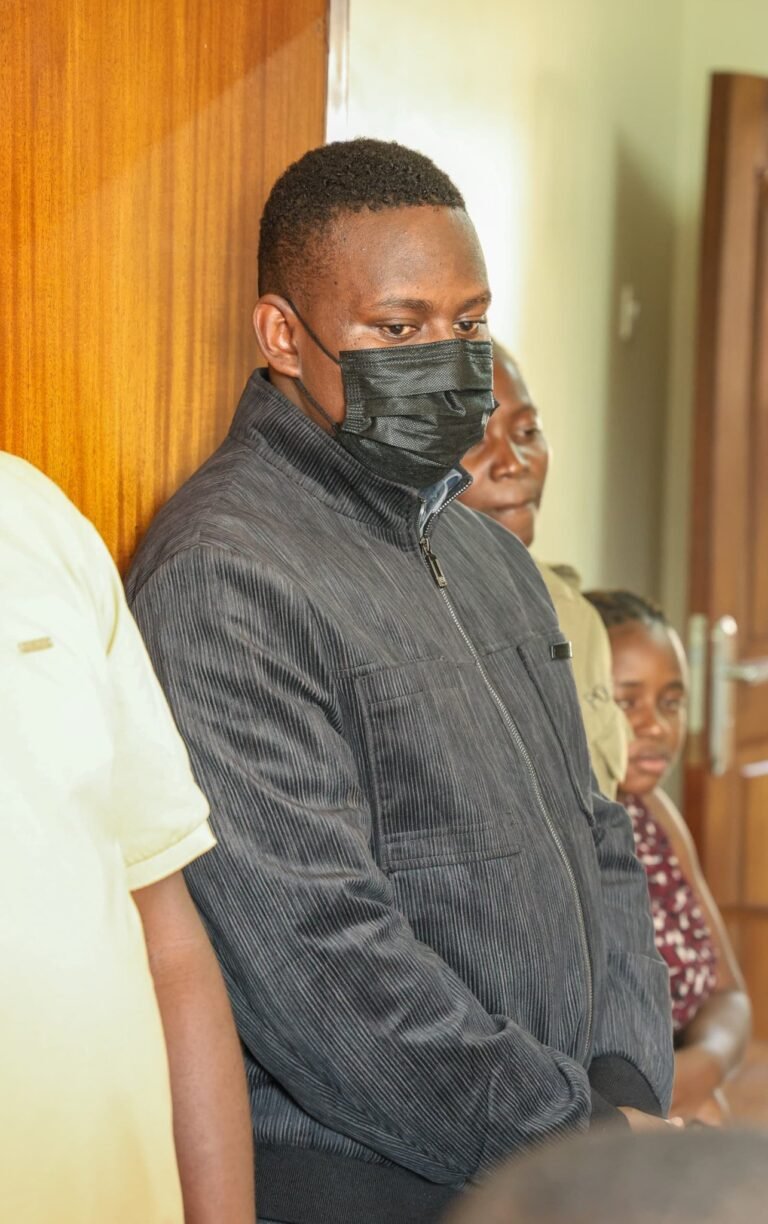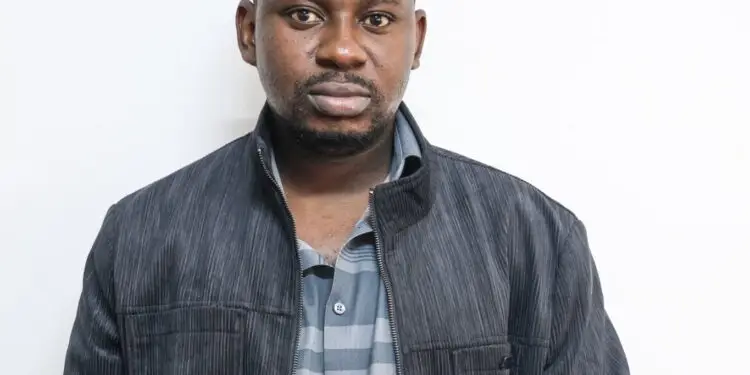
August 2, 2025
Kampala, Uganda – Samuel Mugarura, popularly known as Falcao, a former Makerere University student and once-celebrated innovator, has taken to social media to make a desperate plea for help. In a video shared on X (formerly Twitter), Mugarura claims he was “abandoned at sea” by the National Enterprise Corporation (NEC), the commercial arm of the Uganda People’s Defence Forces (UPDF), after years of unfulfilled promises and alleged exploitation.
Addressing his appeal directly to President Yoweri Kaguta Museveni, the Ministry of Defence and Veterans Affairs (MODVA), the Chief of Defence Forces (CDF), and Gen. Muhoozi Kainerugaba, Mugarura appears emotionally drained as he calls for urgent intervention. He did not elaborate on the context of being “abandoned at sea,” leaving room for speculation on whether the phrase was metaphorical or literal. No official response has been issued by NEC, UPDF, or the individuals mentioned as of the time of publication.
Mugarura rose to prominence in 2016 while still a student of chemistry and botany at Makerere University after developing a prototype of what he described as a less toxic teargas, made from organic ingredients including sugar, salt, and food coloring. The innovation, aimed at offering a safer alternative to conventional riot control agents, garnered significant attention from government officials, including President Museveni and the Ministry of Science, Technology, and Innovation.
However, the initial optimism soon gave way to frustration. Mugarura reported bureaucratic delays, intellectual property disputes, and lack of financial support. Although there were plans to collaborate with Luwero Industries, a subsidiary of NEC, for mass production of his invention, these never fully materialized. In 2024, he threatened to sue the government and Luwero Industries for $11 million, alleging unauthorized use of his teargas formula.
His recent outcry suggests years of disillusionment. “DREAMS SHATTERED,” reads part of the caption accompanying the video that has since gone viral on Ugandan social media. The statement underscores the emotional weight behind his claims.
Analysts and rights advocates have expressed concern about the broader implications for Uganda’s innovation ecosystem. “Mugarura’s experience should spark a national conversation about how we treat young innovators, especially those with ideas that intersect with national security,” said Dr. Sylvia Akena, a technology policy researcher based in Kampala.
With no official clarification on the nature of his claim—whether he was literally stranded at sea or speaking figuratively—many await further details from Mugarura or the institutions involved. Until then, the story of the once-promising teargas innovator remains a sobering tale of ambition, state interest, and shattered trust.

